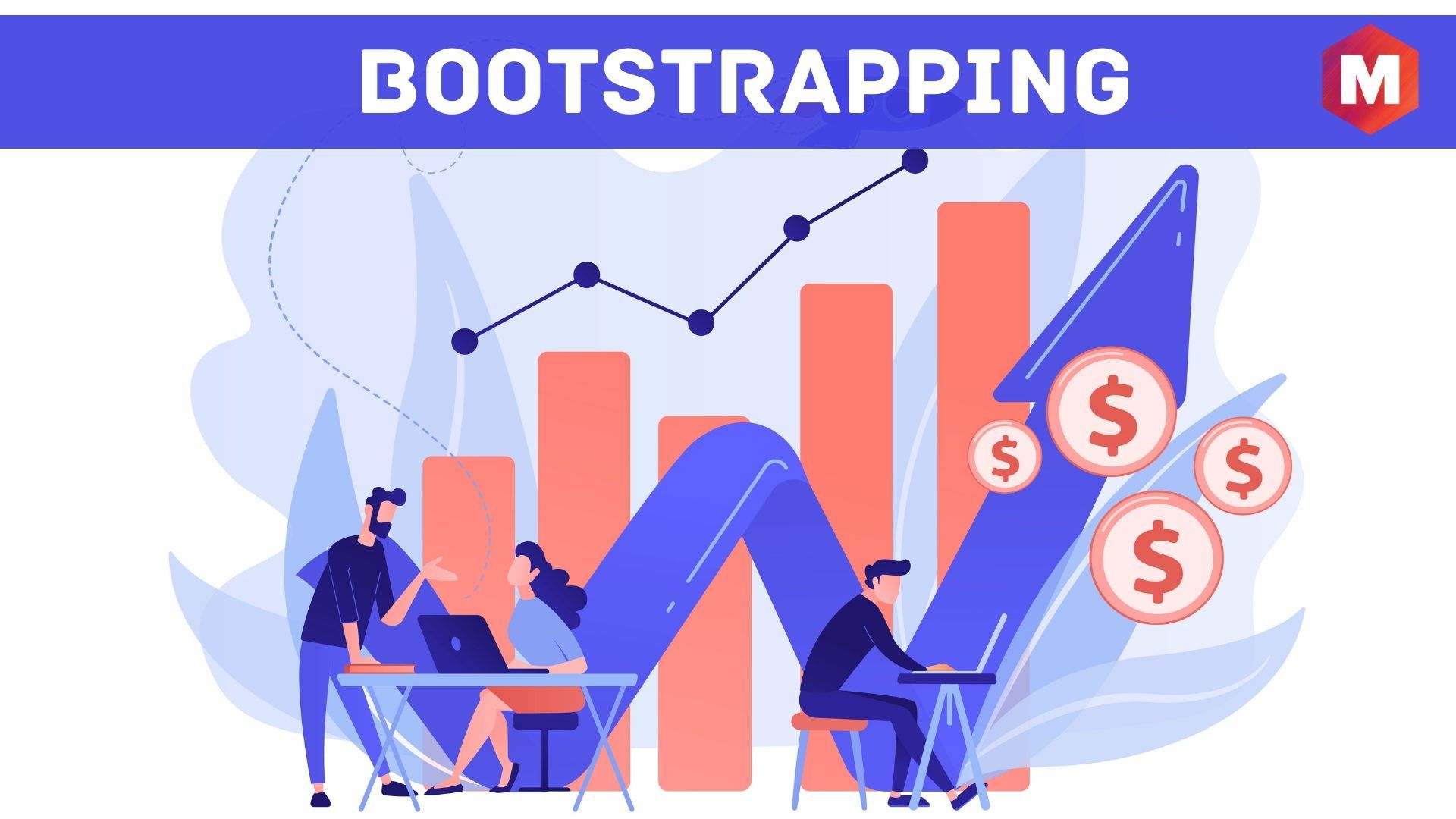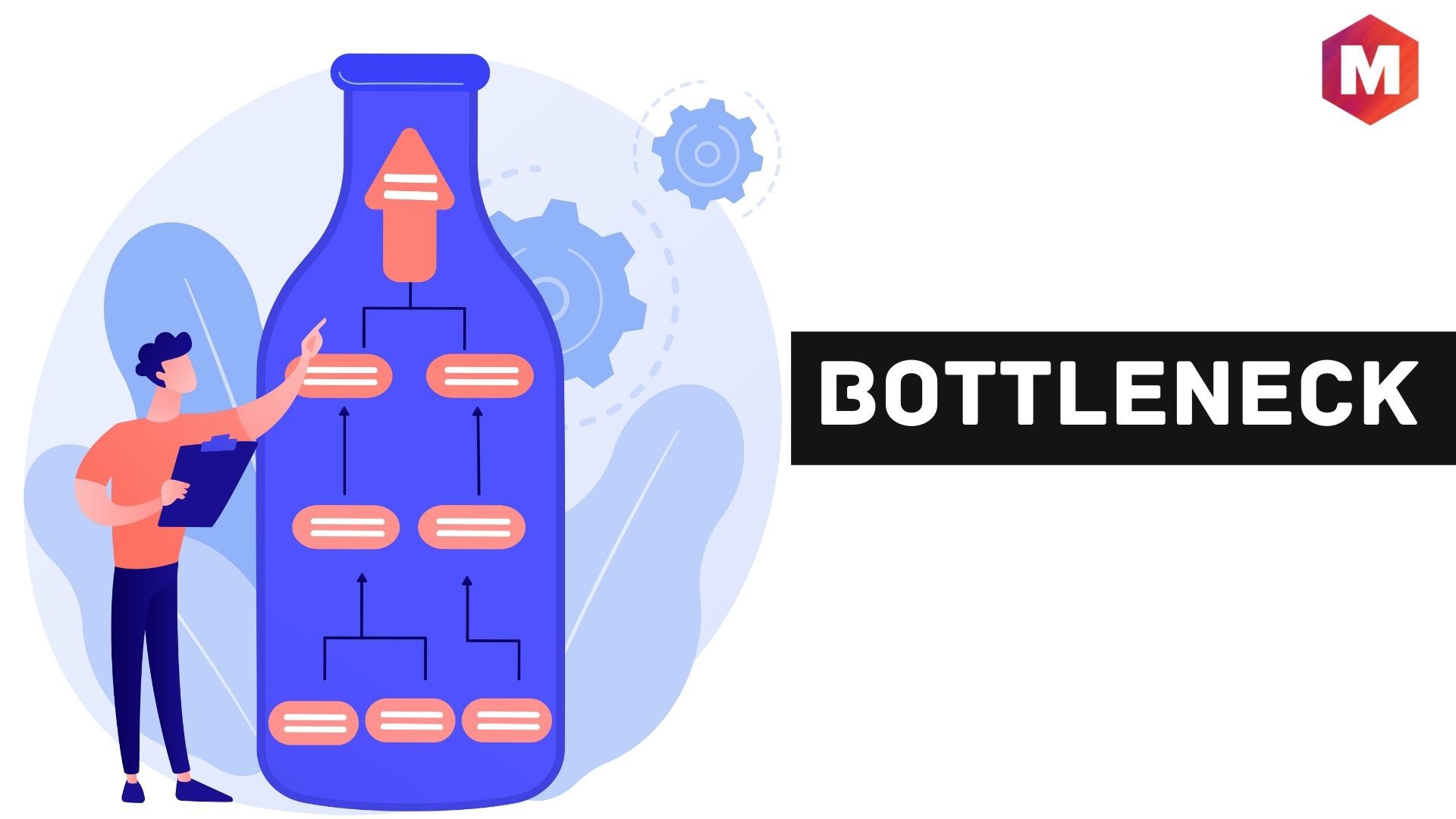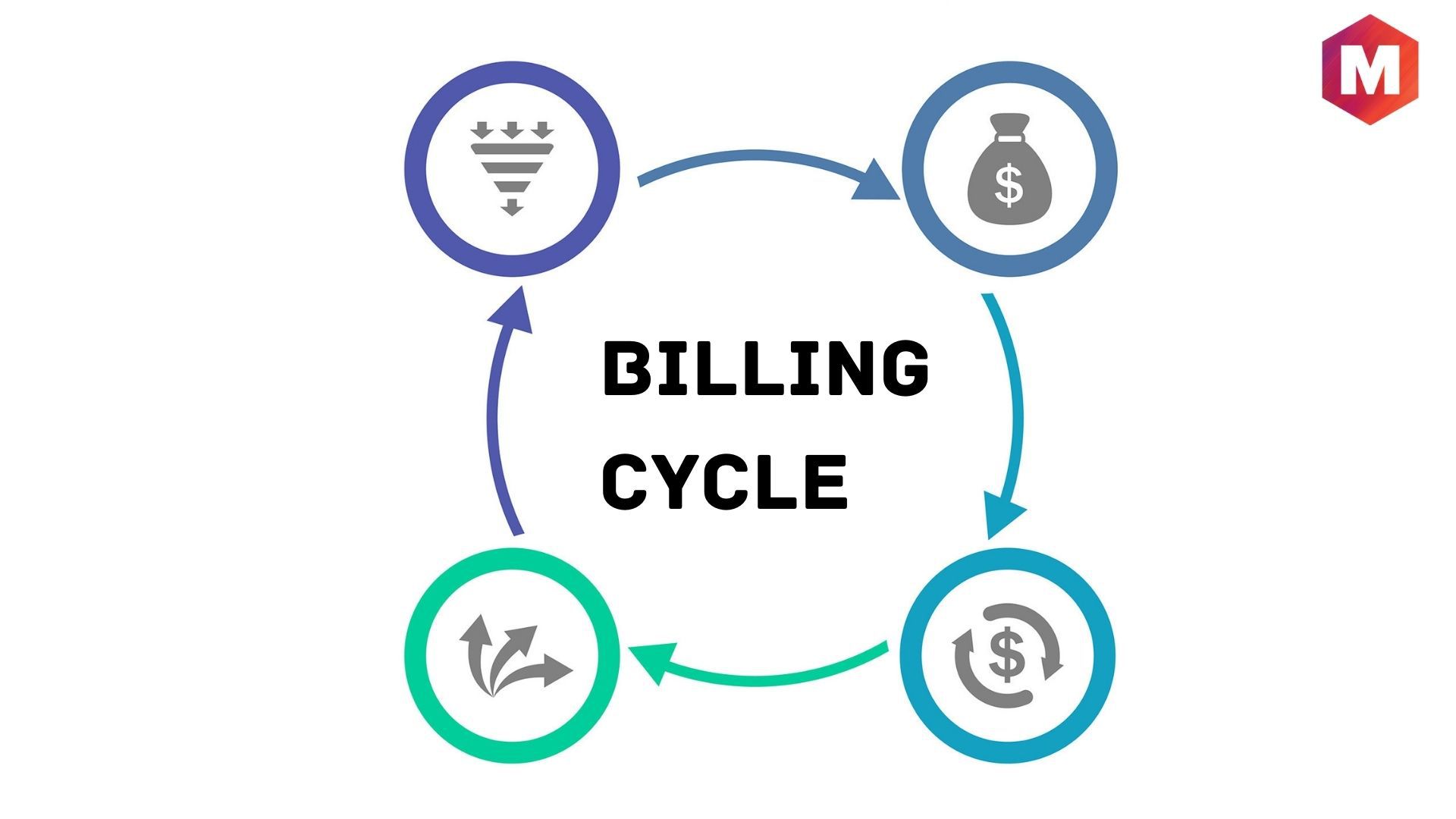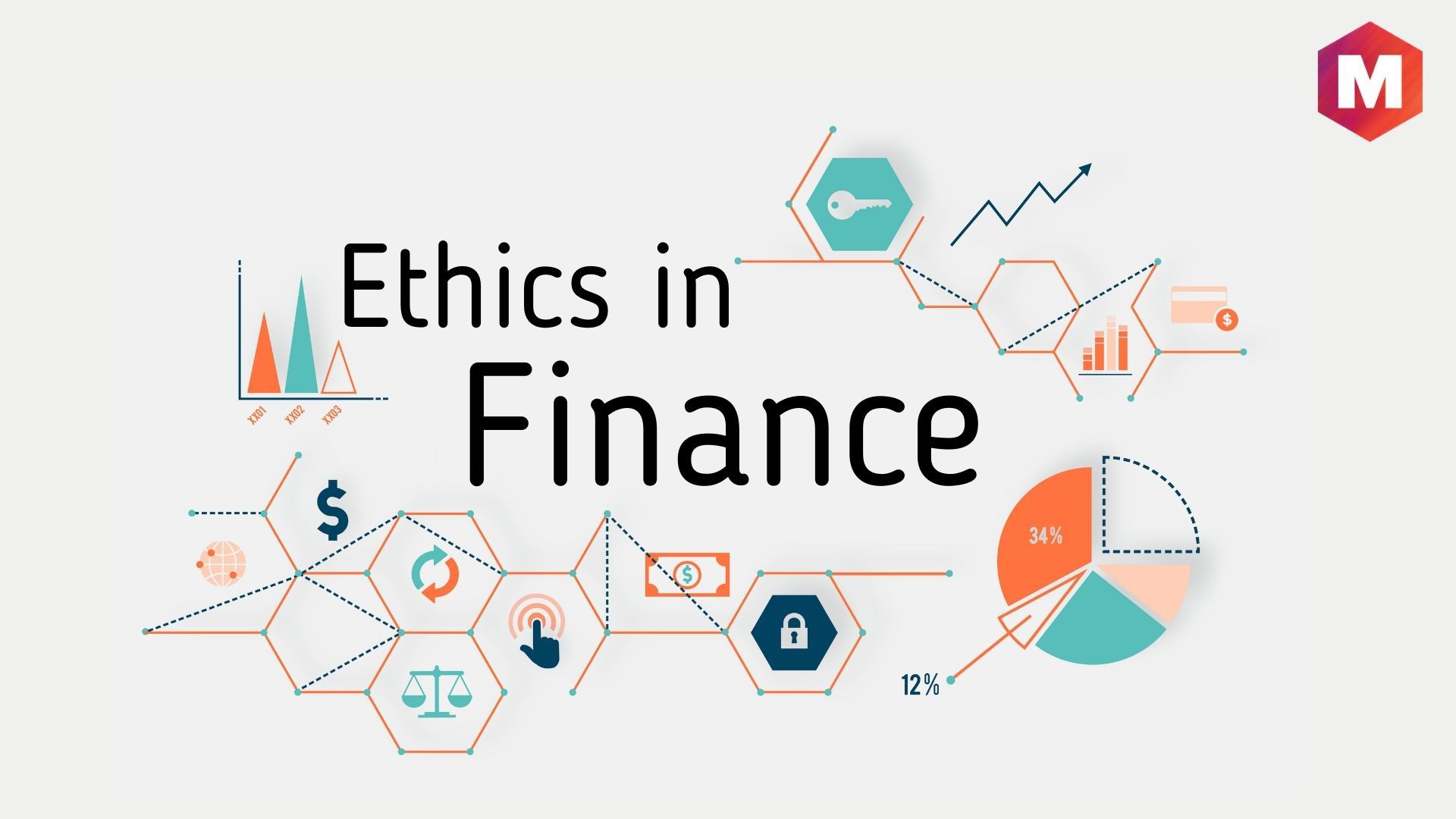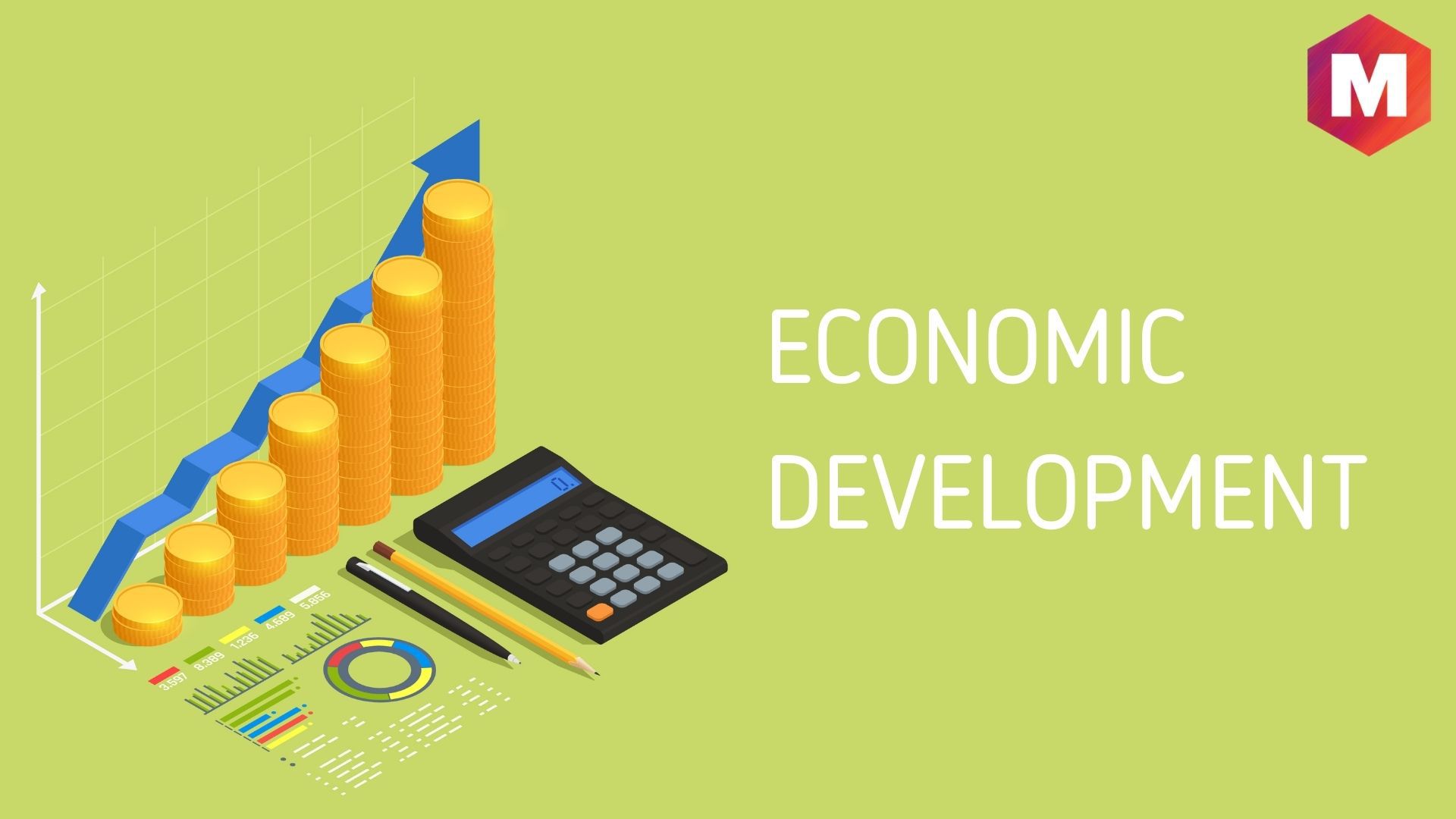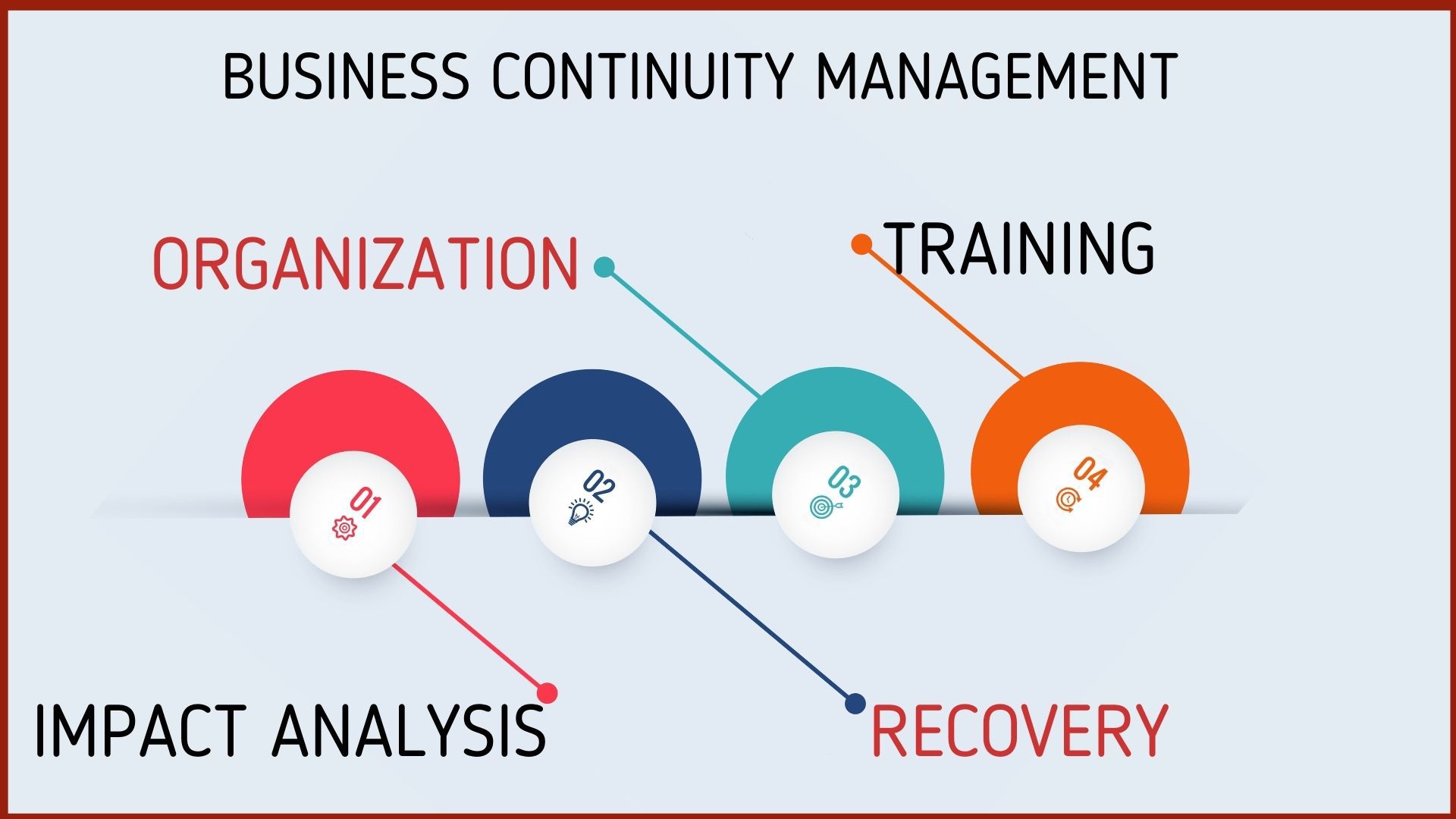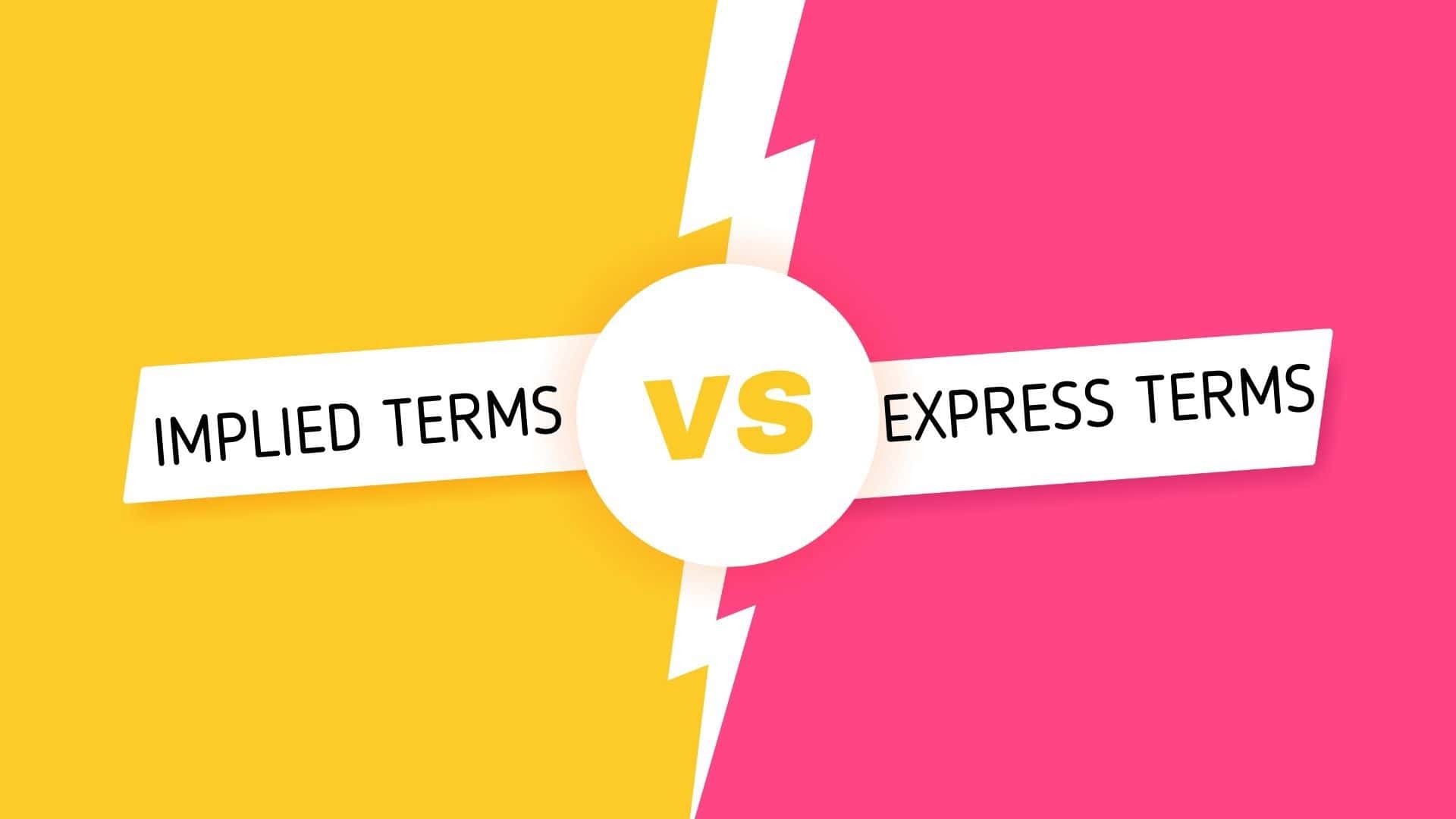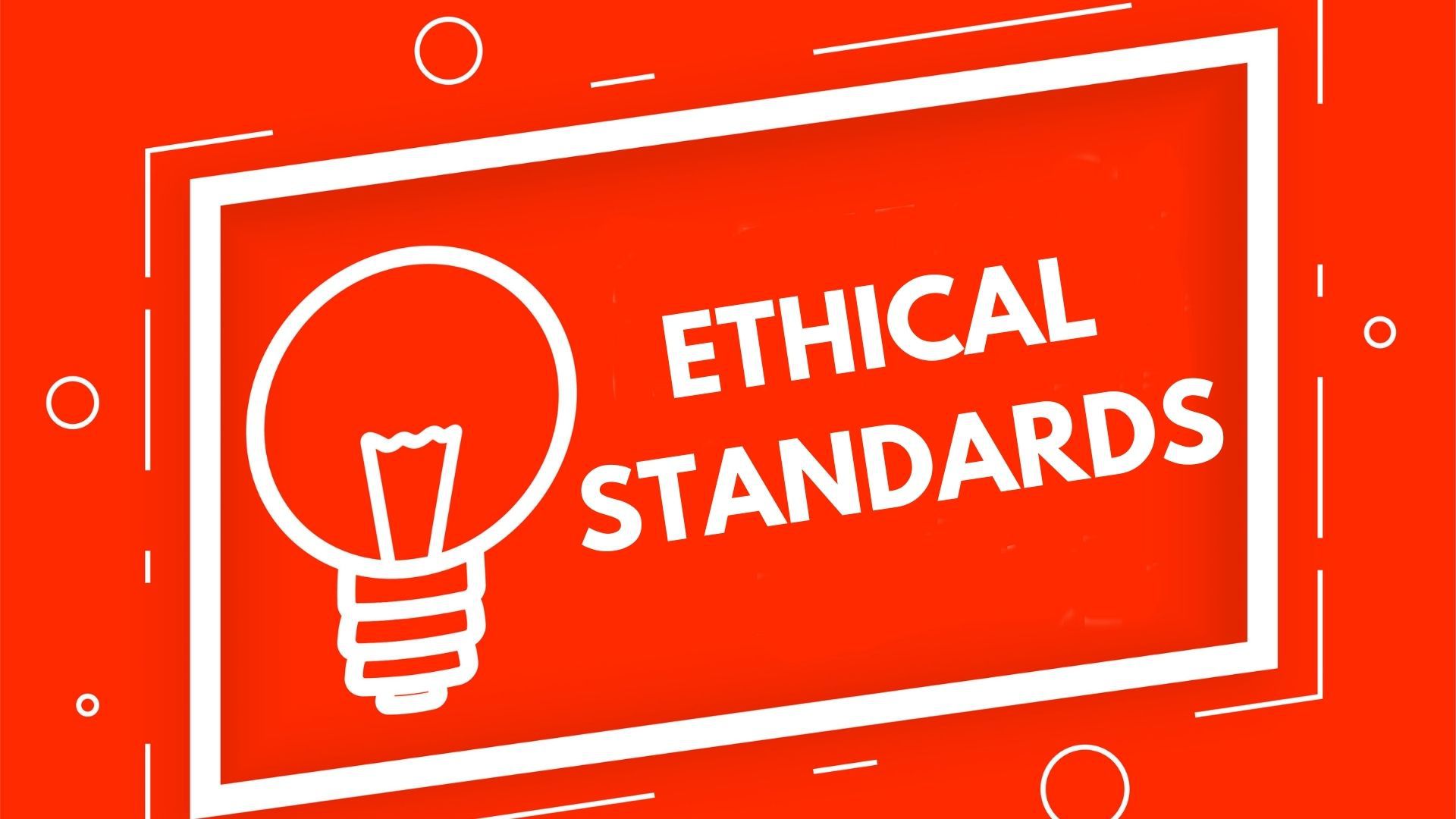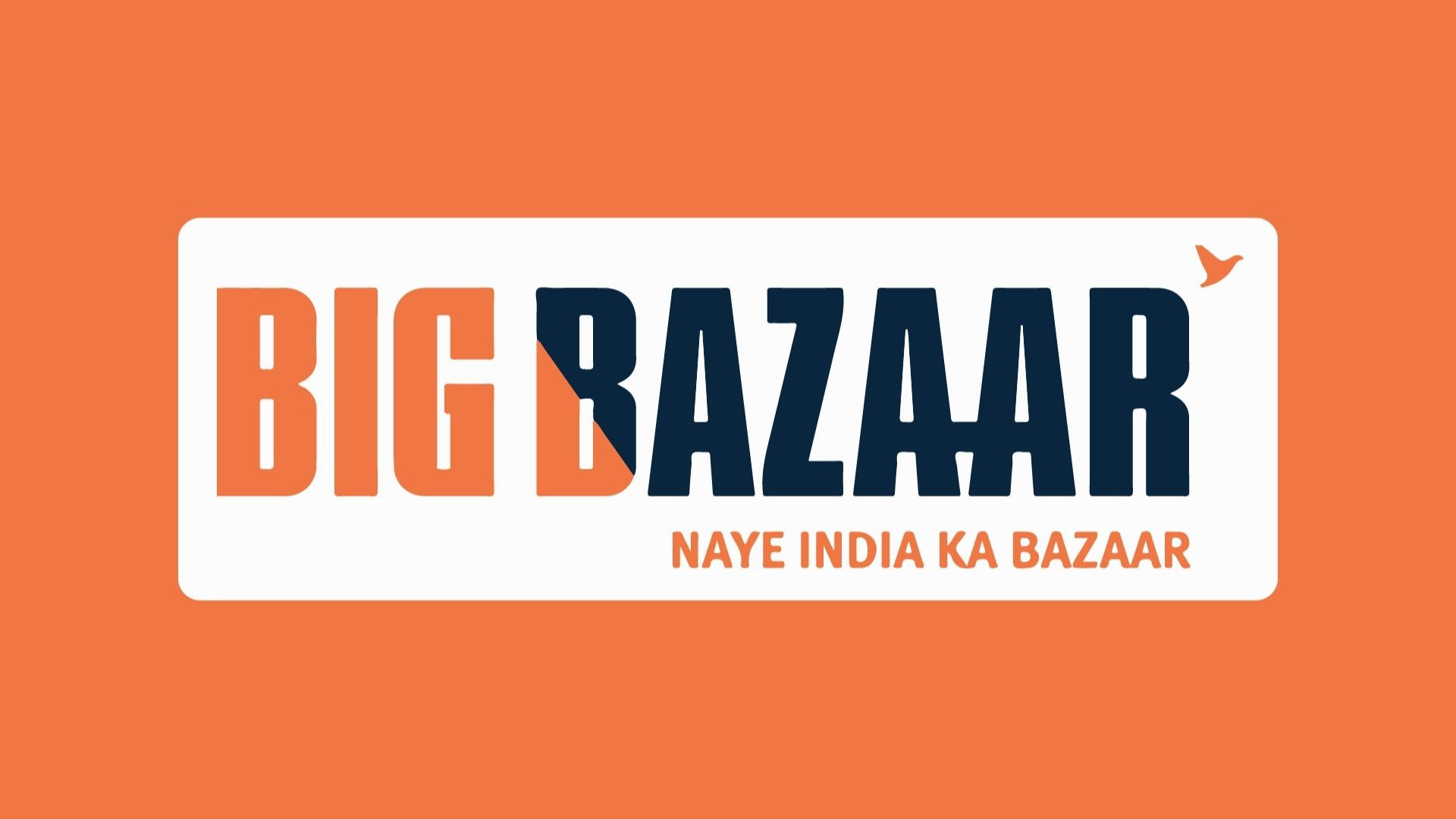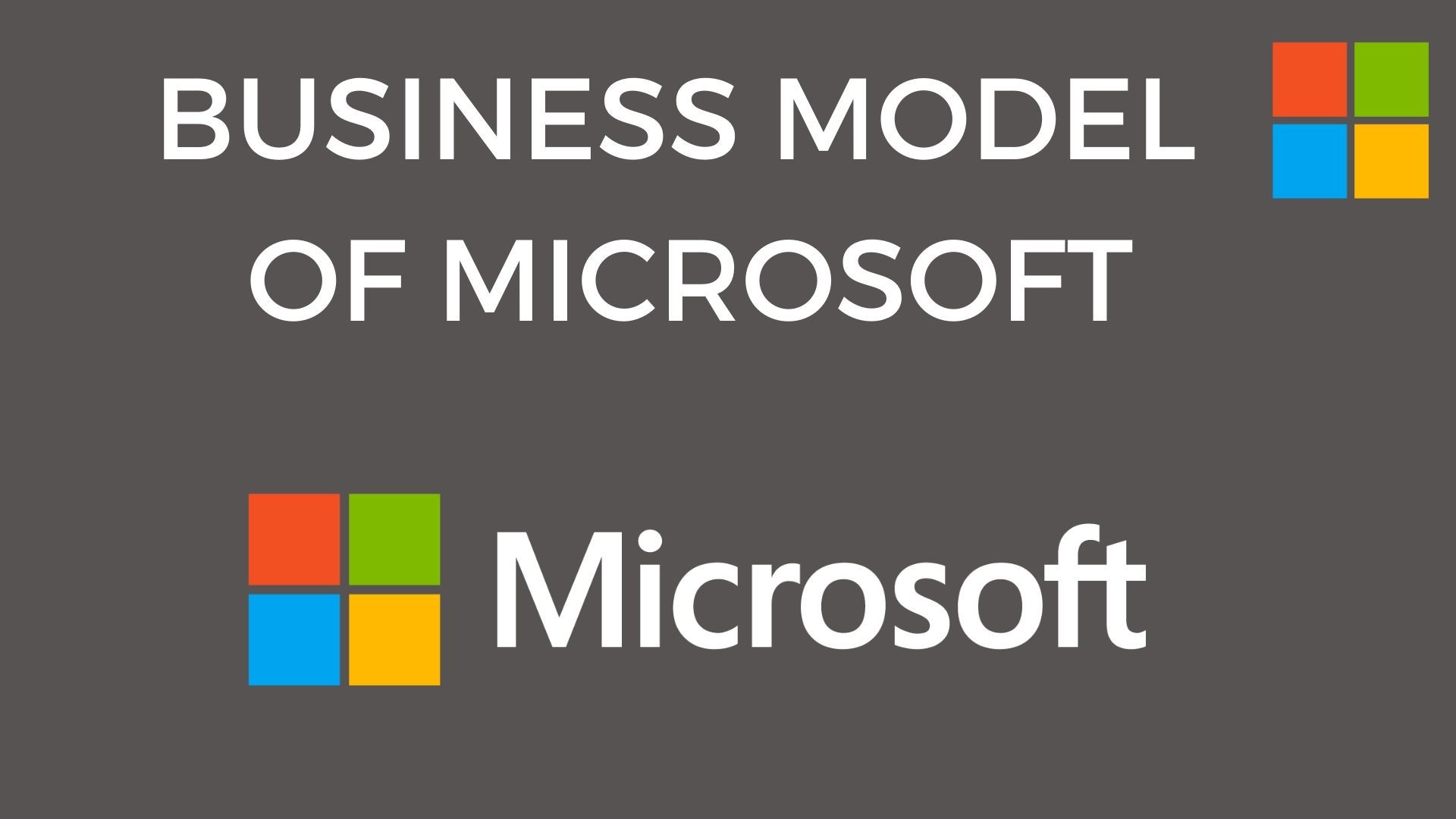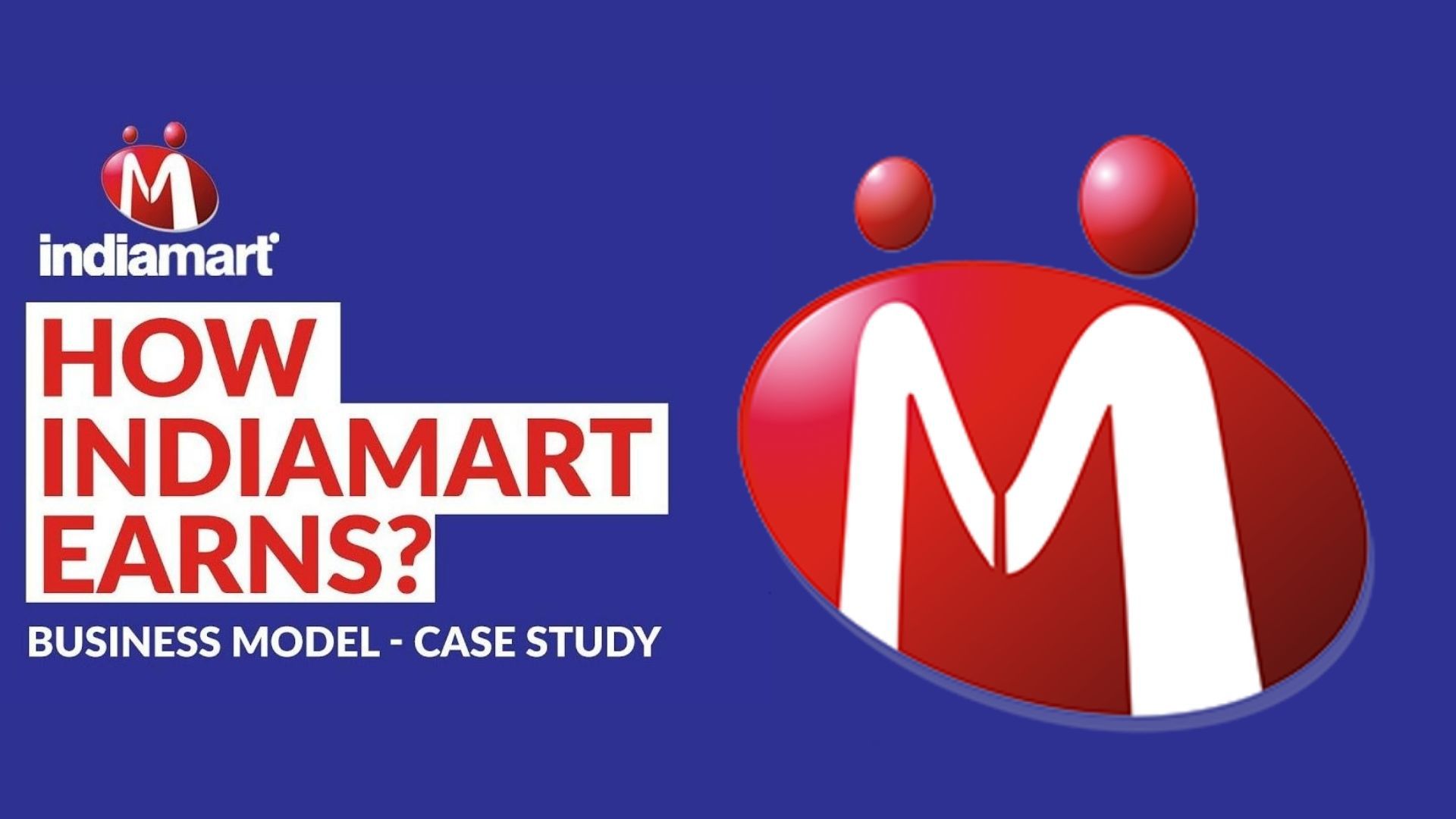Bootstrapping is the process of building a company or establishing a business from the ground up just by using personal savings. It is the process…
Business Articles
The Business category consists of detailed articles on Business Management and is a great place to start your Business Journey.
Business Intelligence – Definition, Importance & Advantages
Business intelligence is a system that includes procedures and technical infrastructure to leverage software and services for transferring data into actionable insights to empower strategic…
Bottleneck – Definition, Types and Example
A bottleneck is a situation when a production, processing, or service system reaches a congestion point where workloads arrive much faster than the system’s efficiency…
Who is a Branch Manager? Roles, Responsibilities and Skills
A branch manager is a professional in charge of a unit or division of a large corporation, financial institution, or bank. According to the definition,…
Boomerang Effect – Definition, Theory and Examples
The boomerang effect is the opposite or negative outcome of an attempted attitude change. It occurs when you receive the unintended consequence of your effort…
Bonus – Definition, Importance and Types
A bonus is a financial compensation that is paid as an additional amount along with what is due. It is the appreciation money that is…
Bill of Quantities (BOQ) – Definition, Purpose, Steps and Standards followed
Bill of quantities is a document that consists of the measured specific amounts of the required items for a project, based on the drawing and…
Billing Cycle – Definition, Elements and Importance
A billing cycle is the time interval between two billing statements, in short, the time gap between the last billing date and the recent billing…
Consumer Products – Definition and 4 Types
Consumer products are the final goods that households or individuals purchase for their personal use and not for any other economic production activities. Consumer products…
Acceptance Criteria – Definition, Uses and Features
What are Acceptance Criteria? Definition: Acceptance criteria are defined as the pre-established conditions that a software product development team needs to fulfill, so they can…
What is Business Case? – Meaning, Structure and Template
If you want to optimize your business projects’ chances to meet their objectives, then your project management should be supported by sufficient buy-in from the…
Stakeholders – Definition, Categories and Types
Stakeholders can be understood as an individual, group of people, members, or any organization that get affected by the result of an associated project. Stakeholders…
What is Sourcing and Why Is It Important for Businesses?
Sourcing revolves around the practice of searching out and finalizing businesses or individuals for fulfilling specific criteria. Sourcing in the business is associated with the…
Top 15 Family Owned Businesses in the World
As per the study, around 35% of the top companies listed by Fortune are family-owned businesses. These family-controlled businesses are responsible for 64% percent of…
Best Practices – Definition, Importance and Examples
Best practices are the methods that are accepted as better or superior to other available methods for solving any issues or problems, and that is…
20 Successful Business Leaders Leading The World Today
Like the huge empires that flourish in their times and collapse later, all businesses have a blooming phase before seeing their ruins. Businesses come and…
Ethics in Finance – Meaning, Importance and Code of Ethics
Ethics in Finance talks about financial behavior or activities that are ethically right or wrong. Business ethics that are followed by financial institutions, financial services,…
Self service technologies – Definition, Meaning and 10 Examples
SST or Self Service Technologies enable users or customers to enjoy a service without even interacting with any service providers. With the help of Self…
Industrial Relations – Meaning, Importance, goals and Scope
Industrial relations involves the study and strategies necessary for analyzing the connections and communications amongst management and employees of an organization. Its practices are involved…
Economic Development – Definition, Meaning, Types and Features
What is Economic Development? Economic development is a process through which the overall education, well-being, health, income and living standards of the general population improves….
Business Ethics Definition – Importance, Examples, Role and Types
Business ethics helps in ethical decision-making by guiding about the right and wrong for a business in the situations of ethical issues, dilemmas, or controversies….
What is business? – Definition, Nature, Importance, Functions and Channelization
Definition – A Business is any entity or organization which is involved professional, commercial, industrial or charitable activities. Businesses can be both – for profit…
Social Change – Meaning, Theories, Causes, Examples, Importance
What is Social Change? Social change is a concept that explains how the relationships and interactions of people can alter social and cultural values, norms…
Public-Private Partnerships – Meaning, Advantages and Disadvantages
Public-private partnerships are the ones in which a private company funds the construction of a public project in exchange for operating profits. Public-private partnerships can be…
Top-Line – Definition, Calculation and Strategies For Growth
Top-line is the revenue or gross sales of the company. That is why when the company refers to growth as top-line growth; the company is…
An Overview of Hospitality Industry – Services and Challenges
Whenever the terms ‘Hospitality’, ‘Hospitality Industry’, ‘Hospitality Industry’ are mentioned, the picture of a large, posh hotel with a scenic view, a swimming pool with…
What is Business Continuity Management or BCM?
Business continuity management (BCM) revolves around strategies, plans, and actions for crisis management, business-recovery planning, and IT disaster recovery. BCM identifies potential threats to an…
Business Process – Definition, Types, Importance, Characteristics and Steps
A business process revolves around collecting linked tasks crucial for offering products or services to the clientele in exchange for money. Business processes are essential…
Business Entity Concept Definition – Types and Benefits
According to the entity concept, a business and its owner are two separate entities in accounting. As a result, the business and the owner’s accounts…
Implied Terms vs Express Terms – Importance and Differences
The terms of the employment contract, which are not necessarily written, are called implied terms. Usually, these are the terms conveyed orally but are nevertheless…
Board Of Directors: Definition, Structure and Types
A board of directors is referred to as a group of individuals that represent the interest of the shareholders. They are elected by the shareholders…
What are the Basic Ethical Standards in the Workplace?
Ethical standards are used for establishing the behavioral parameters that business-owners and senior-level managements expect from their employees, suppliers, and other stakeholders. Maintaining ethical standards…
Principles, History & Business Model of HUL (Hindustan Unilever)
Business Model of Hul revolves around the production of fast-moving consumer goods. Established in the year 1933 by the Lever Brothers of United Kingdom, HUL…
Business Model of Big Bazaar Explained
Shopping is necessary for one and all. There are two basic types of shopping. One is done in retail stores, and the other one is…
Business Model of Education Explained
The business model of education revolves around different processes of facilitating learning or procuring skills, knowledge, beliefs, habits, or values. Education is indeed one of…
Business Model Canvas Explained (with Benefits and Usage)
Business Model Canvas is a strategic management template or the structure of a business plan. It enables you to enlist all the building blocks related…
Business Model of Amazon and How Amazon Makes Money
The business model of Amazon revolves around industries related to E-Commerce, Cloud Computing, Artificial Intelligence, Digital Distribution, Consumer Electronics, and Self-driving Cars. Amazon’s business model…
What is the Main Business Model of Insurance Companies?
The business model of Insurance Companies channelizes through revenue generation by putting money on risk. They bet on the risk that their policyholders will not…
Business Model of Microsoft & How Does Microsoft Make Money?
Microsoft, an American multinational technology company, is the leading company of technology in the world. The business model of Microsoft develops, designs, supports, licenses, and…
Revenue Model and Business Model of IndiaMART Explained
IndiaMARTInterMESH Ltd. began in 1996 when cousins Dinesh and Brijesh Agarwal opened a business-to-business (B2B) portal by the name of IndiaMART.com to directly connect Indian…
